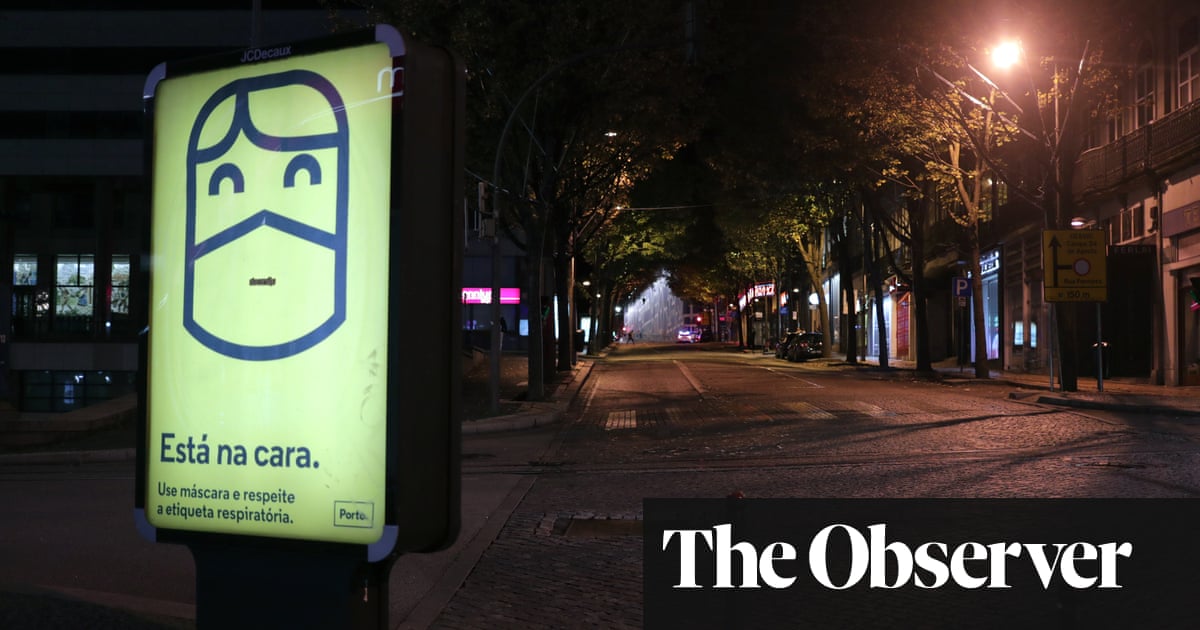France:
The country announced a second lockdown from 30 October after daily Covid-related deaths reached their highest levels since April. Due to last at least a month, it is having a limited effect: new infections and hospital admissions dropped sharply at first only to increase sharply at the end of last week. , health ministry data showed
People are allowed to leave home only for essential work and medical reasons; restaurants and
Bars have been told to close but schools and factories can remain open. All non-essential travel has been banned and the country’s external borders are closed (although journeys are still permitted inside the EU). Travellers must be tested on arrival.
Austria
Yesterday, Vienna ordered a three-week lockdown starting on Tuesday to bring a surge in Covid-19 cases under control in time for Christmas. Austria now has one of Europe’s highest infection rates per capita. Daily new cases hit a record of 9,586 on Friday, nine times higher than at the peak of the first wave.
A current night-time curfew will become an all-day requirement to stay at home, with a few exceptions such as shopping or exercise. Working from home should happen wherever possible. Non-essential shops will close, as will service providers such as hairdressers. Secondary schools have already switched to distance learning; primary schools and kindergartens will continue to provide childcare.




Recent Comments